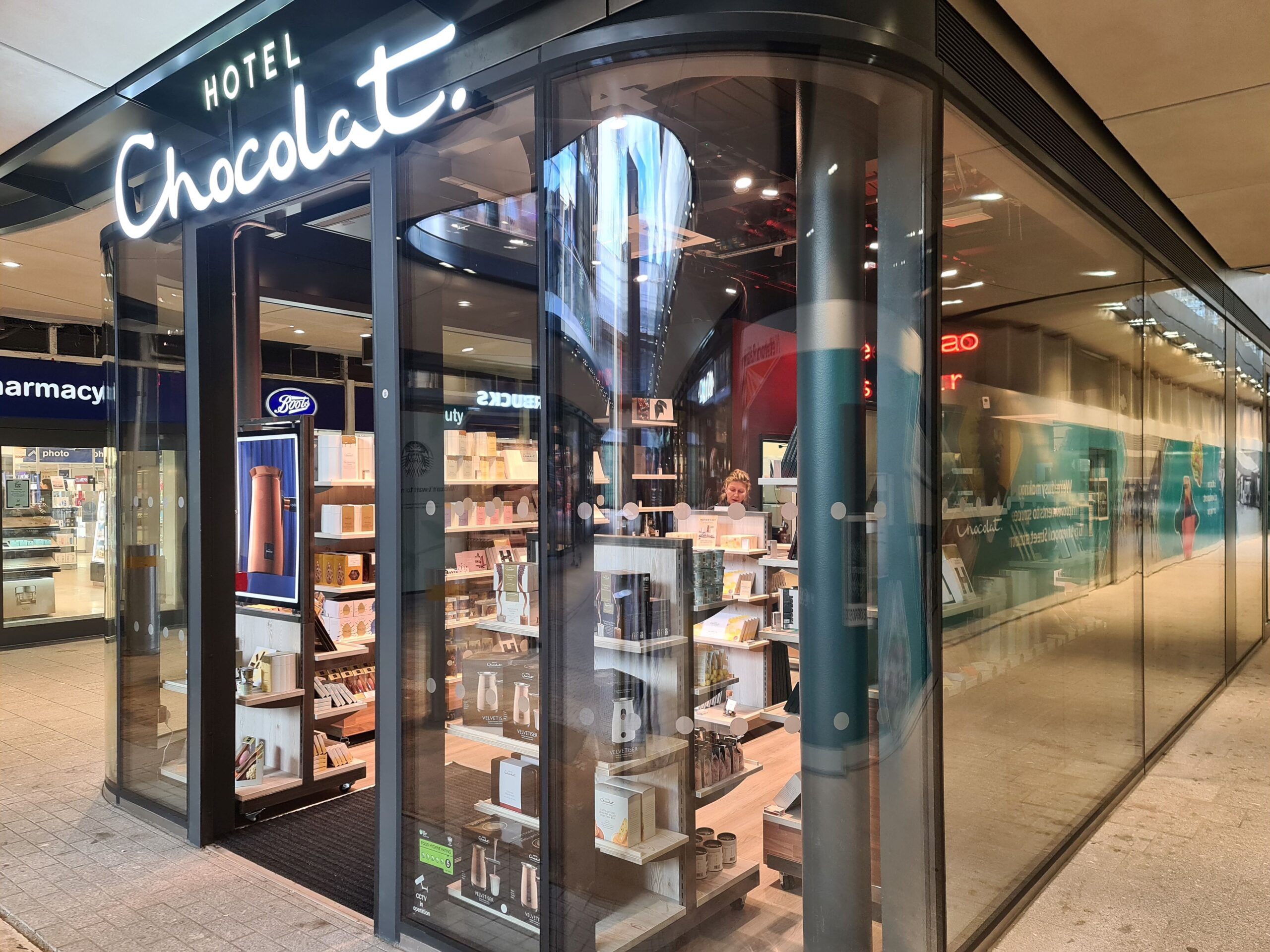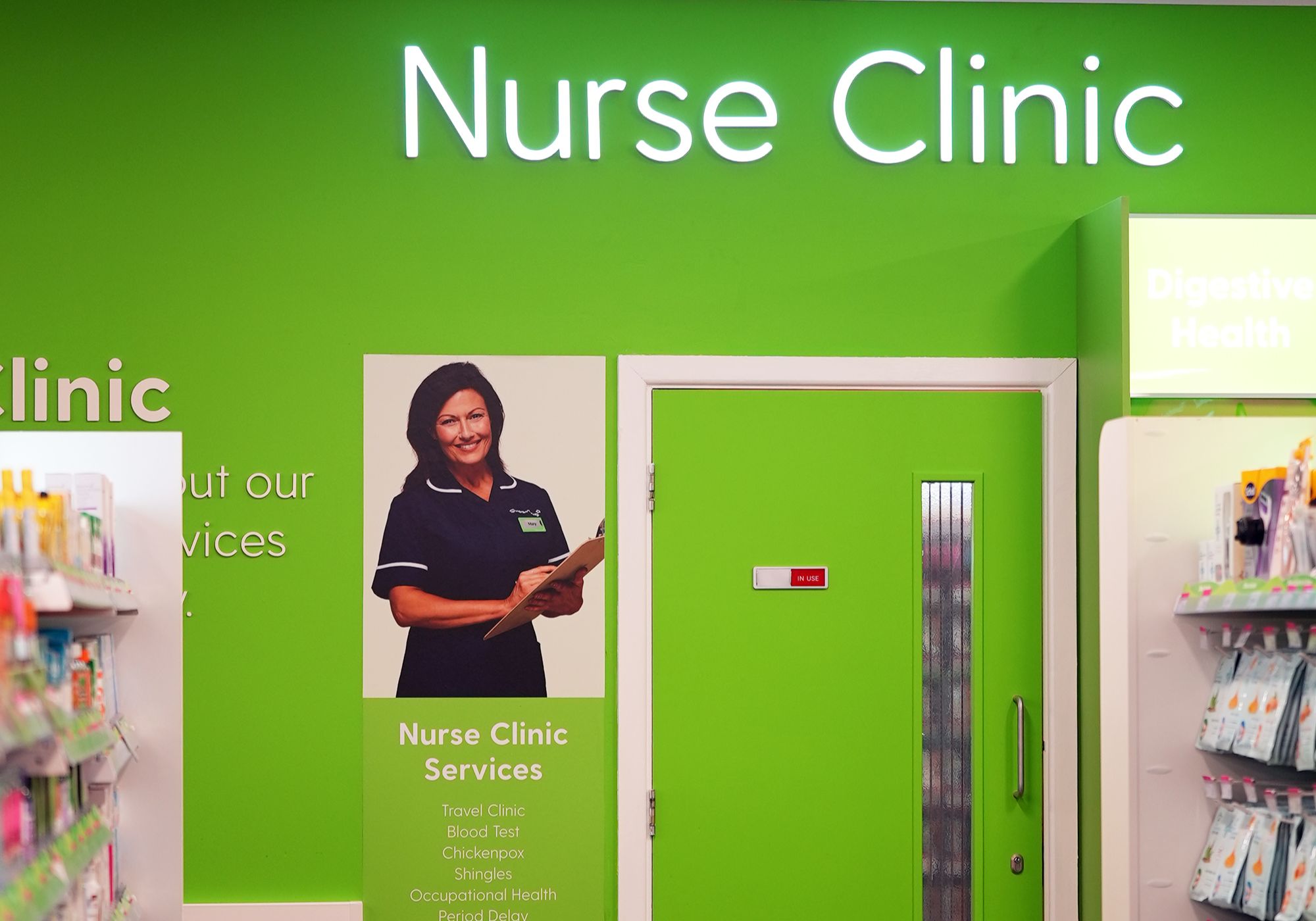Last week, we featured an opinion article from Roger Sumner-Rivers, MD of ParcelHero, on the topic of the planned sell off by the government of its remaining stake in Royal Mail.
In it, Sumner-Rivers put forward the view that the move was broadly positive for customers, but could well open up Royal Mail to takeover bids.
After inviting eDelivery readers to share their views on the matter, we have selected the following three submissions.
David Grimes, MD at My Parcel Delivery, takes a balanced view, but isn’t sitting on the fence. He can see a number of challenges facing Royal Mail that fall under the umbrella of the-devil-is-in-the-detail:
“There are, of course, opinions for and against the government selling off its 30% stake in Royal Mail. Personally, I haven’t yet seen enough change from Royal Mail since it was privatised in October 2013 to be in one camp or the other.
“In general, I think it is positive for the delivery sector, as Royal Mail needs to continue modernising under privatisation. This should mean further investment in technology and new services like we’ve been seeing over the last 18 months. More flexible options for the customer at the doorstep can only be a positive result for the business and its future.
“However, on the downside, this move would put the single price delivery, that was part of its universal service provider agreement, at risk. Any regional pricing will play havoc with ecommerce retailers, as well as putting shoppers in remote regions at a massive disadvantage if they are asked to pay higher prices for delivery.
“Also, the fact that Royal Mail is currently a VAT- exempt business means the organisation will come under even more scrutiny if it is completely privatised with no state involvement. Whistl already launched one challenge to this exemption last year in the High Court, and I feel that Royal Mail would be unlikely to win on this again if it were to be 100% privatised.
“If Royal Mail’s VAT exemption was withdrawn, it would have to pass the price increase onto consumers, which would put its profit margins at risk.”
Phillip Smith, UK Country Manager at Trusted Shops, sees a bright future for a privatised Royal Mail. But only if the right investment decisions are made.
“Royal Mail has historically been the envy of delivery providers for its delivery infrastructure and distribution of collect and returns branches, even in the most remote of locations. Yet its high operational costs and low margins have always hindered its ability to compete.
“If selling the government’s 30% stake means it can invest more in technical innovations that drive agility – it could transform the business and rejuvenate its service.
“By focusing on connecting its network to businesses – especially ecommerce, it could start to contend not only with delivery providers but tech giants like Amazon who are looking at their own in-house delivery services.”
Stuart Rivett, MD at B2C Europe (UK), welcomes the move, but thinks it will bring about an inevitable end to some of Royal Mail’s core services.
“In my opinion I consider that Royal Mail will thrive following the government’s sale of their remaining 30% stake. Unfortunately the biggest loser will be the consumer. The sale will put more pressure on the USO with the inevitable degradation of service by moving to a five-day or less delivery model.
“At the same time prices will noticeably increase within those areas where Royal Mail still has a monopoly – namely first class services where there is no price cap imposed by Ofcom. Today, only around 5% of Royal Mail’s revenue is subject to direct price controls and this is on second class services.”









